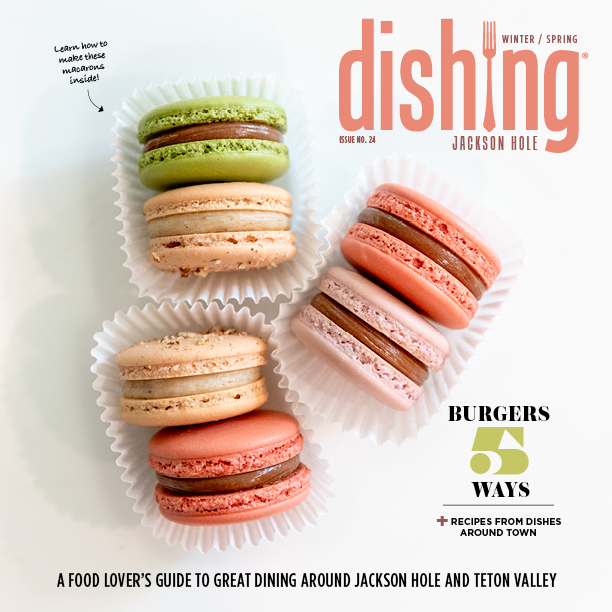This question has frequently entered many of my conversations over the past few weeks. Like many of you, I have been feeling inspired and awe-struck watching the world’s best athletes compete. That is, until the commercial break, when we watch them devour French fries and sugary energy drinks.
Do they really sit around eating ice cream, French fries, and pizza? I do not want to believe it, but unfortunately for some, it may be true. There seems to be a divide among Olympian dietary methods. While some athletes admit to eating junk while competing, others maintain a clean diet. It largely depends on how much time and effort they devote to exercising in the gym with the help of athlete personal trainer. Moreover, the metabolism of an athlete’s body also has a crucial role in defining their diet.
Unfortunately, the almighty dollar has persuaded some of these athletes to sell out and turn their backs on whole foods. I guess selling spinach is not nearly as sexy. Ultimately, Olympians are the world’s role models, and they need to begin promoting healthy eating habits through their actions.
Obviously, not all Olympians consume processed, high-fat and sugary foods. Many follow a strict program while training and toss it aside when competition time arrives. As they are prone to injuries, most of them are conscious about having a healthy diet and consult Sports Medicine specialists to maintain their active lifestyle.
Olympians, like many athletes, are a superstitious bunch, not wanting to change for fear of losing. Some Olympians seem to have become conflicted in the battle of junk food v. whole food. They know they should eat better, but memory is a strong motivator. They gauge their past and current performances off their dietary history and that of others.
For example, Olympian Garrett Weber Gale won two gold medals in Bejiing Olympics in 2008 eating junk food. He then changed his outlook and pursued a healthier diet. He even started the website athleticfoodie.com. However, he did not even qualify to compete in London. His loss could have likely legitimized the junk food trend for many of his peers. Did his love for whole foods lead to his athletic demise?
The inflammation created in the body by “junk food” is a complete contradiction to the athleticism and health these athletes promote. The race is short. Longevity is the name of the game.
If I were to advise these athletes, I would recommend anti-inflammatory, high fat, carbohydrate and protein and hydrating foods to aid the body. Although these Olympians may not change their diets anytime soon, it does not mean that the average athlete cannot! The following are some foods great for increasing performance, reducing inflammation and maintaining energy.
Chia Seeds
Spinach, Kale, Chard
Organic lean red meat (elk/buffalo)
Wild Salmon
Avocados
Sweet Potatoes
Eggs
Lentils
Hummus
Blueberries
Oranges
Watermelon
Whole Wheat Grains
Plain Yogurt
Nuts/ Nut butters
Coconut Oil













